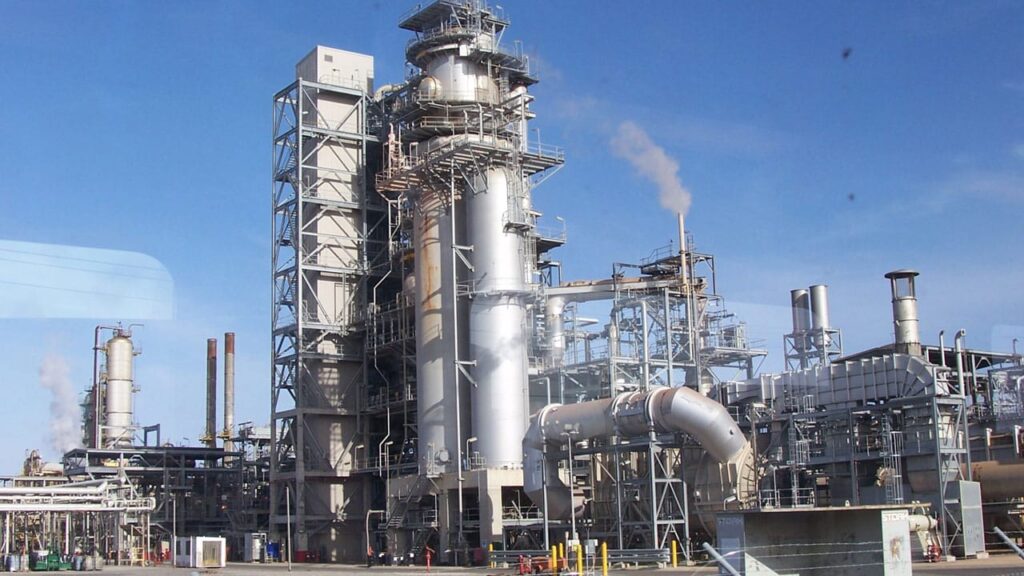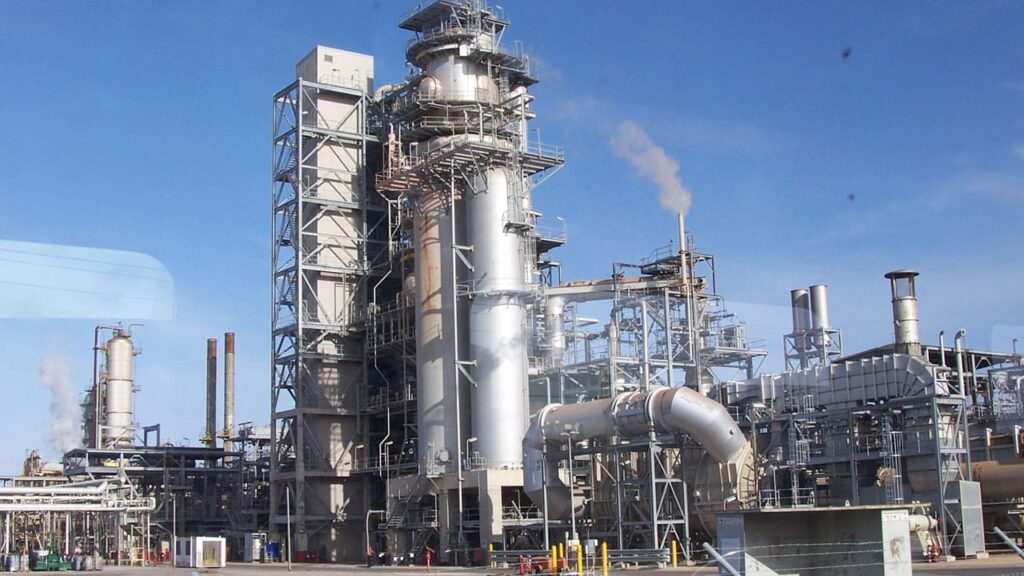Federal Government says it will begin sales of crude oil to Dangote Refinery and other local refineries starting from October 1, 2024.
Minister of Finance and Coordinating Minister of the Economy, Wale Edun, announced it on Monday, during a meeting with the Implementation Committee in Abuja.
The announcement marks a major step forward in the government’s strategy to transition to naira payments for crude oil transactions within the country.
According to a statement posted on the official X page of the Ministry of Finance, the meeting was convened to assess the progress of key initiatives aimed at enhancing the nation’s economic framework.
To ensure the effective implementation of the transition, the meeting identified several key stakeholders tasked with critical responsibilities.
These include the Nigerian Midstream and Downstream Petroleum Regulatory Authority (NMDPRA), the Central Bank of Nigeria (CBN), the Nigerian Upstream Petroleum Regulatory Commission (NUPRC), and the African Export-Import Bank (Afreximbank).
Each of these entities will play a pivotal role in facilitating the successful execution of the crude oil sales strategy.
The Ministry’s post stated, “The Minister of Finance and Coordinating Minister of the Economy, Mr. Wale Edun, today led the Implementation Committee meeting on the transition to crude oil sales in naira.
The meeting reviewed progress on key initiatives, including the upcoming commencement of naira payments for crude oil sales to the Dangote Refinery starting October 1, 2024.”
The Executive Chairman of the Federal Inland Revenue Service (FIRS), Zacch Adedeji, who also chairs the Technical Sub-Committee, provided further insights into the timeline for the first petroleum motor spirit (PMS) delivery from the Dangote Refinery.
According to Adedeji, the first delivery is expected to take place next month under the terms of existing agreements, signalling the commencement of refined product outputs from the highly anticipated refinery.
The meeting also included updates on the Port Harcourt Refinery and the Dangote Refinery, with significant production increases anticipated from November 2024.
Edun emphasized the importance of transparency throughout the implementation process.

This transition to naira-denominated crude oil sales is expected to have a substantial impact on Nigeria’s economy, fostering greater stability in the oil and gas sector and reducing the pressures associated with foreign exchange fluctuations.
By localizing crude oil transactions, the government aims to strengthen the naira, improve fiscal management, and enhance the overall economic resilience of the country.



